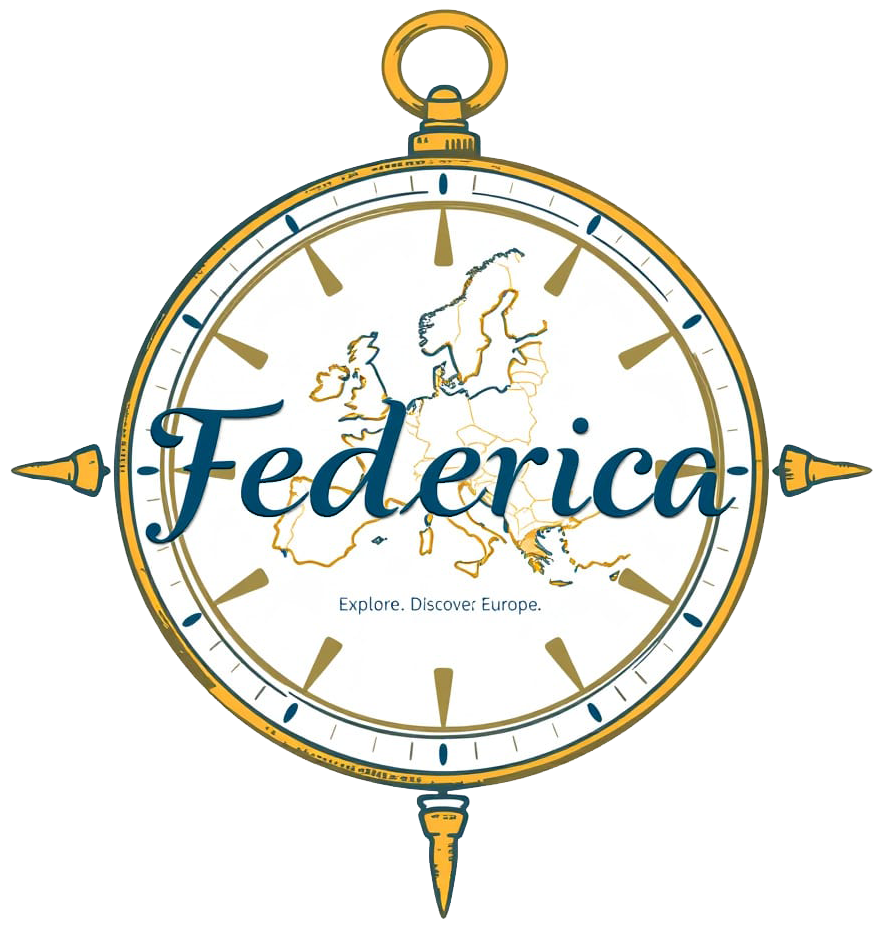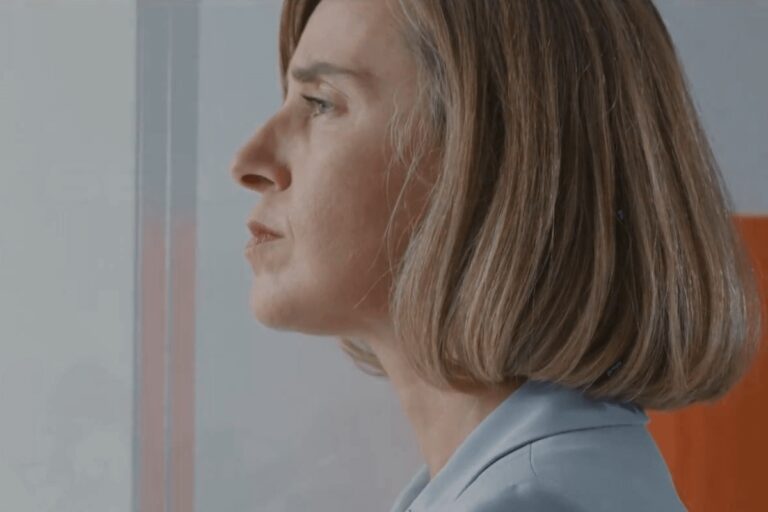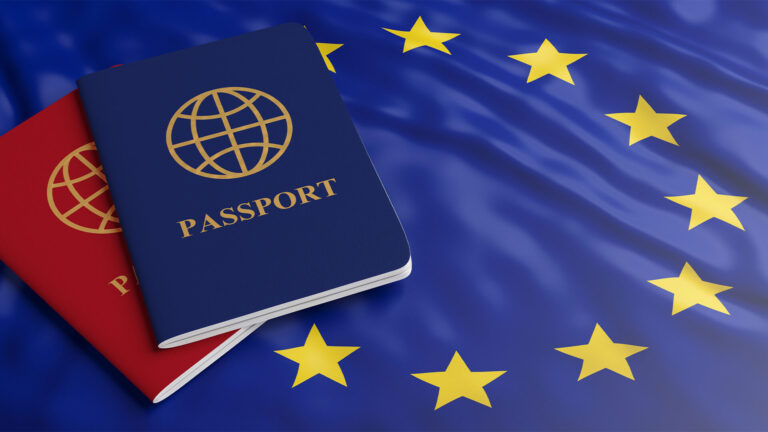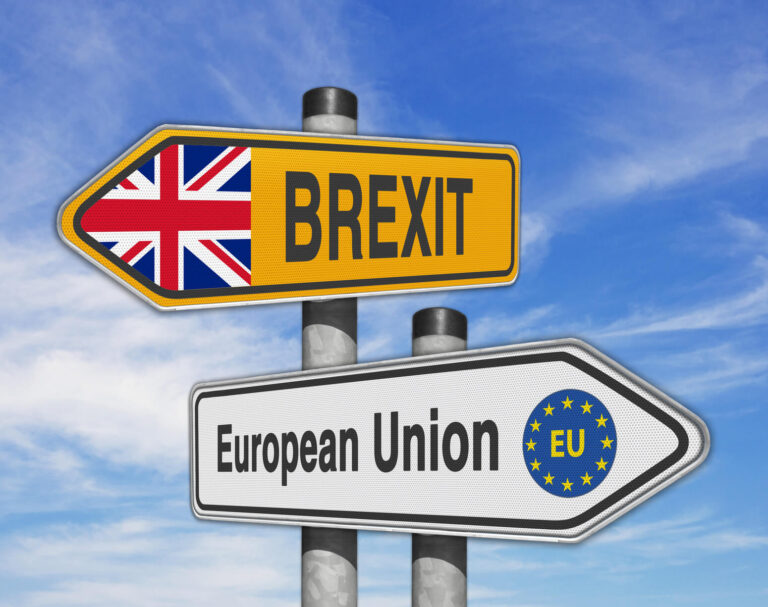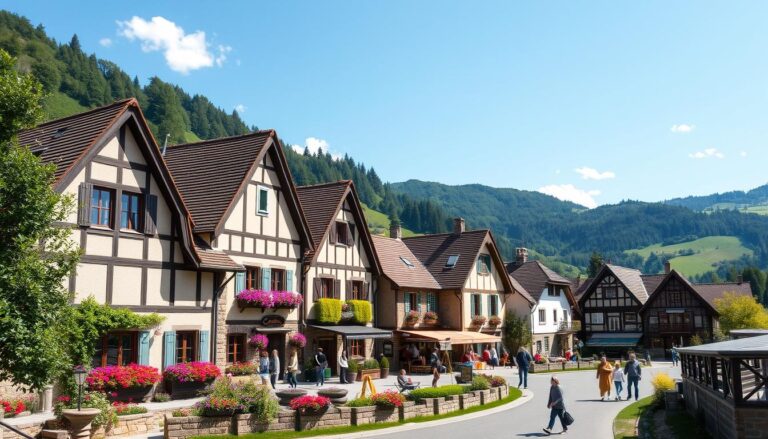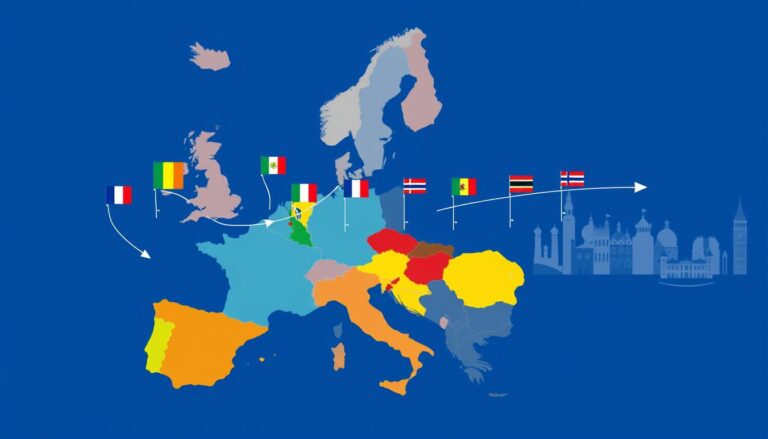Federica Mogherini: A Visionary Leader Paving the Way for Global Diplomacy
Federica Mogherini, a prominent Italian politician and diplomat, has been a driving force in international politics, championing peace, diplomacy, and human rights. Born on June 16, 1973, in Rome, Italy, Mogherini’s journey to becoming a prominent global figure has been marked by determination, intelligence, and a deep commitment to building bridges and fostering cooperation between … Read more
